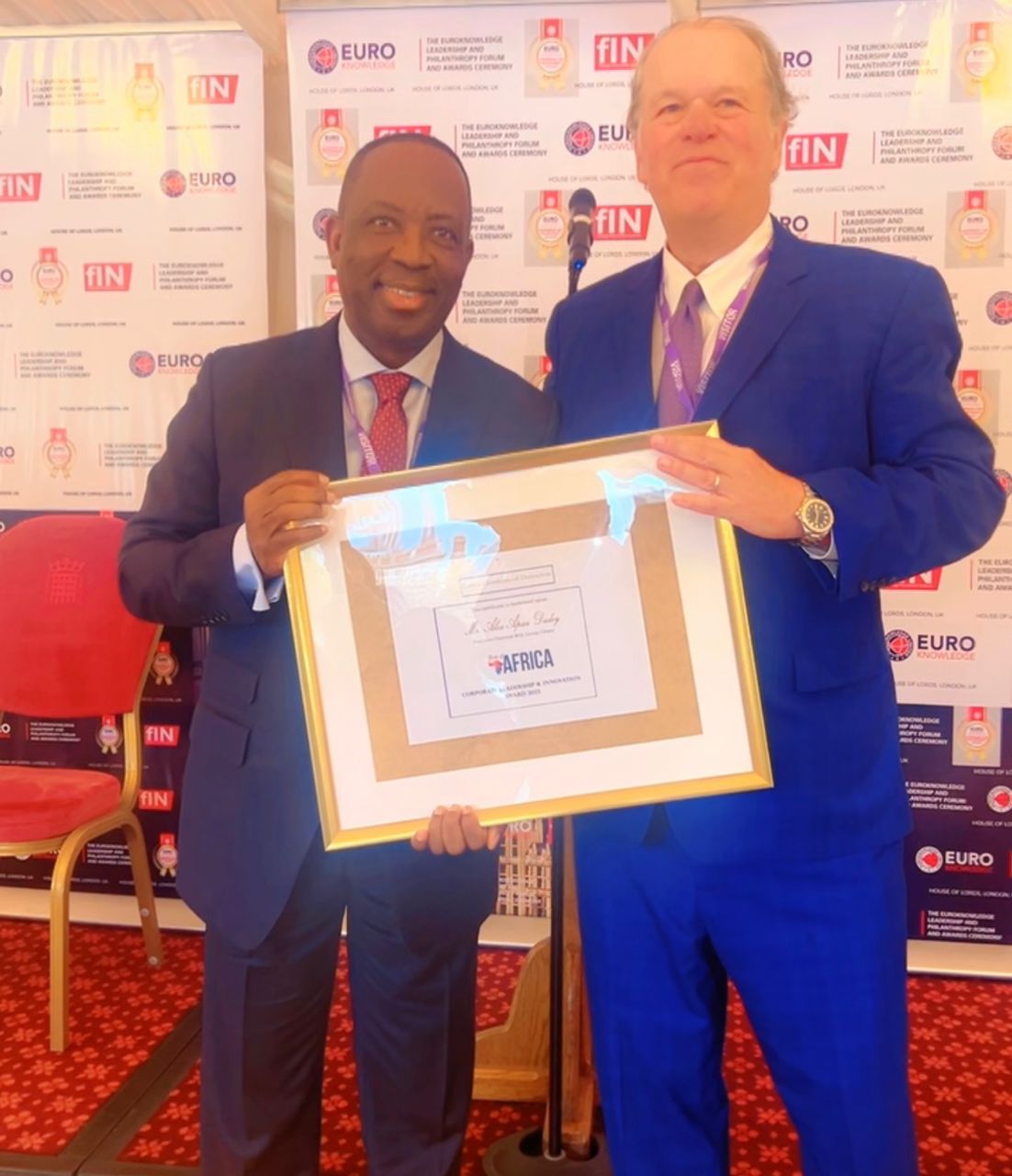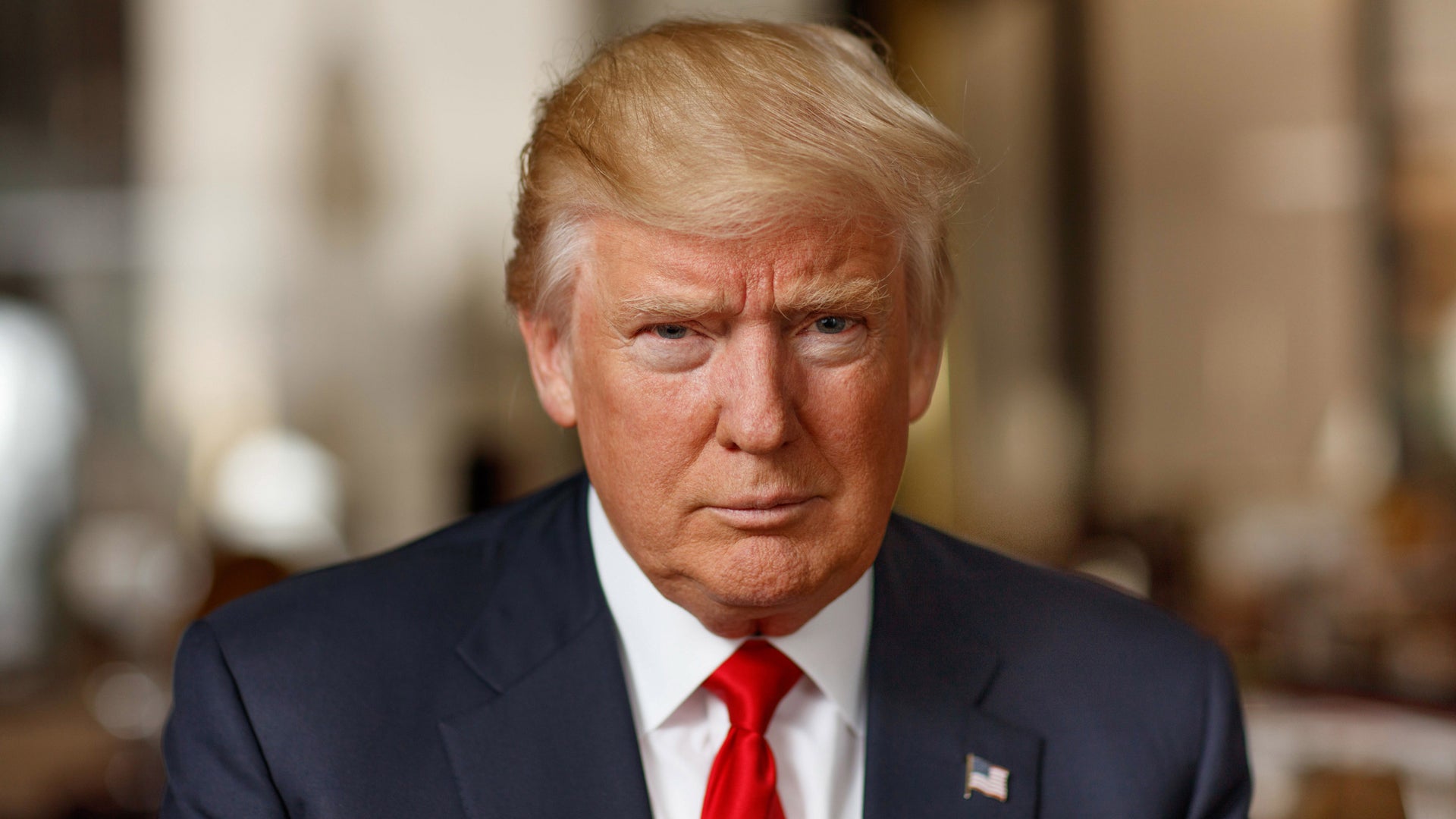The cedi has finally buckled. After months of artificial stability, Ghana’s currency slipped beyond the GHS11 mark to the dollar on the interbank market yesterday, a clear sign that the Mahama government’s heavy-handed management of the economy is unraveling.
For more than six months, the administration trumpeted its success in “stabilizing” the cedi. But behind the scenes, it was not discipline, not sound policy, not growth in exports that kept the cedi afloat — it was brute force. The government injected a staggering US$1.4 billion into the market, burning through precious reserves in a desperate attempt to suppress reality.
The IMF saw through this charade and issued a stark warning weeks ago: stop interfering in the natural workings of the currency market. The government ignored this advice, preferring optics over substance, political survival over economic prudence. Today, the consequences are plain for all to see.
This reckless gamble has left Ghana more vulnerable. The cedi’s fall will fuel inflation, raise the cost of imports, weaken investor confidence, and heap further misery on ordinary Ghanaians already struggling with high living costs. Worse, the billions spent could have been invested in productive sectors — agriculture, industry, and infrastructure — to build long-term resilience. Instead, it has vanished into thin air, buying the government a few months of political breathing space.
History should have taught us this lesson already. In 2014, under the same Mahama administration, the cedi experienced one of its worst depreciations in Ghana’s history, losing close to 40 percent of its value in a single year despite repeated injections of dollars into the market. Back then, officials also insisted the slide was “temporary” and that interventions would stabilize the currency. They did not. By the time the dust settled, the economy was left in crisis, forcing Ghana back into an IMF bailout program in 2015.
Other governments have also tried and failed with this “cash injection” strategy. The Kufuor administration in the early 2000s resorted to using reserves to prop up the cedi in election years, only for the currency to tumble afterward. The Mills government equally attempted interventions in 2011 when oil revenues began to flow, but without fixing structural weaknesses, the gains were short-lived. In each case, the story ended the same way: depletion of reserves, loss of investor trust, and eventual currency collapse.
The truth is harsh but unavoidable: currency stability cannot be manufactured with cash injections. It must be earned through credible fiscal policy, strong export performance, disciplined borrowing, and respect for market forces. Until the Mahama administration faces this reality, the cedi will continue its downward spiral, dragging the economy and the Ghanaian people along with it.
Ghana deserves better than cosmetic fixes. The time for financial window-dressing is over.



